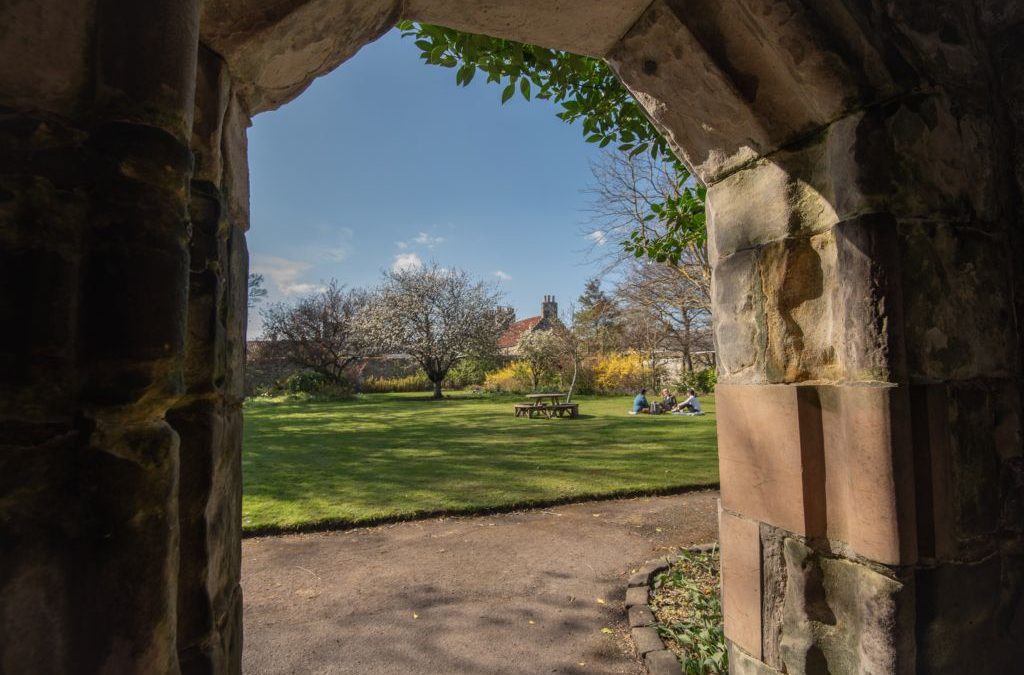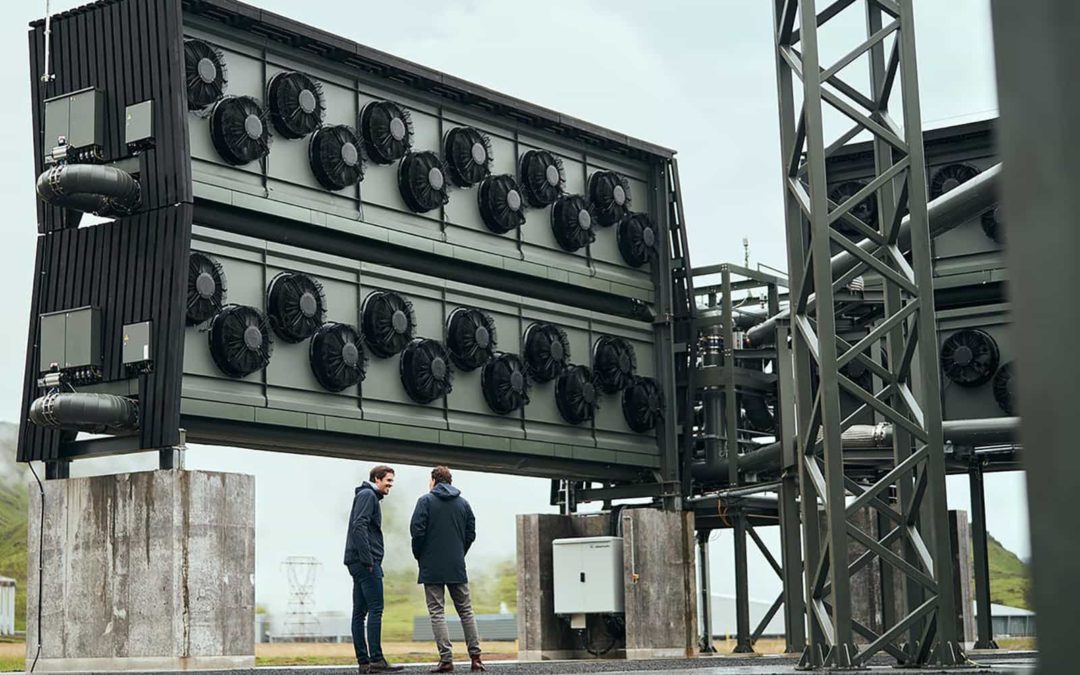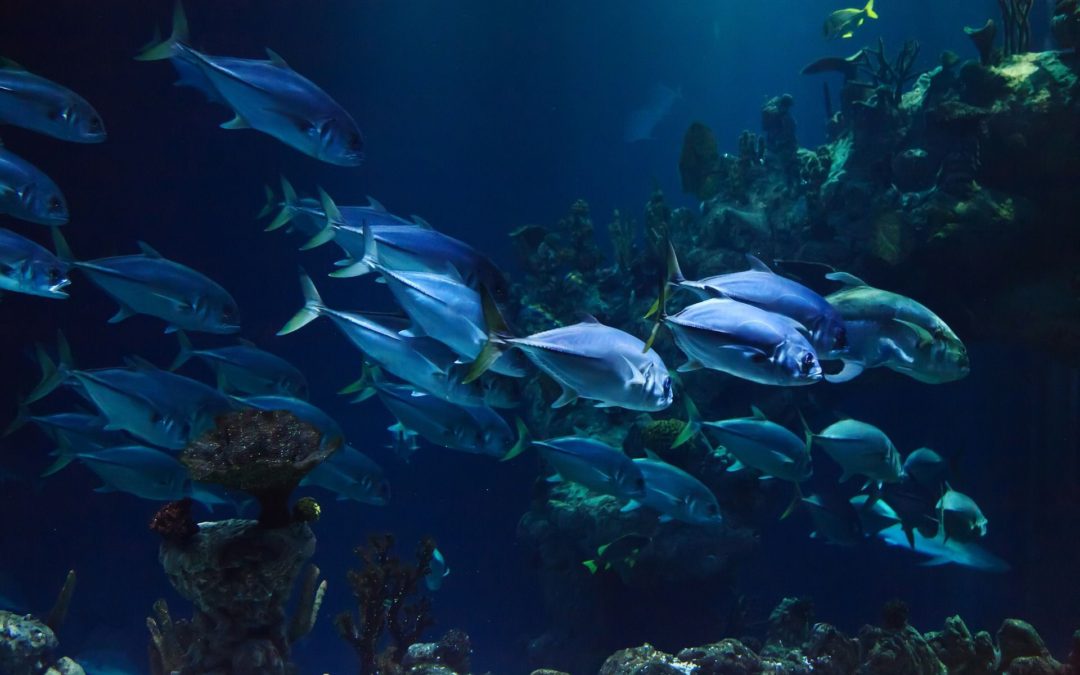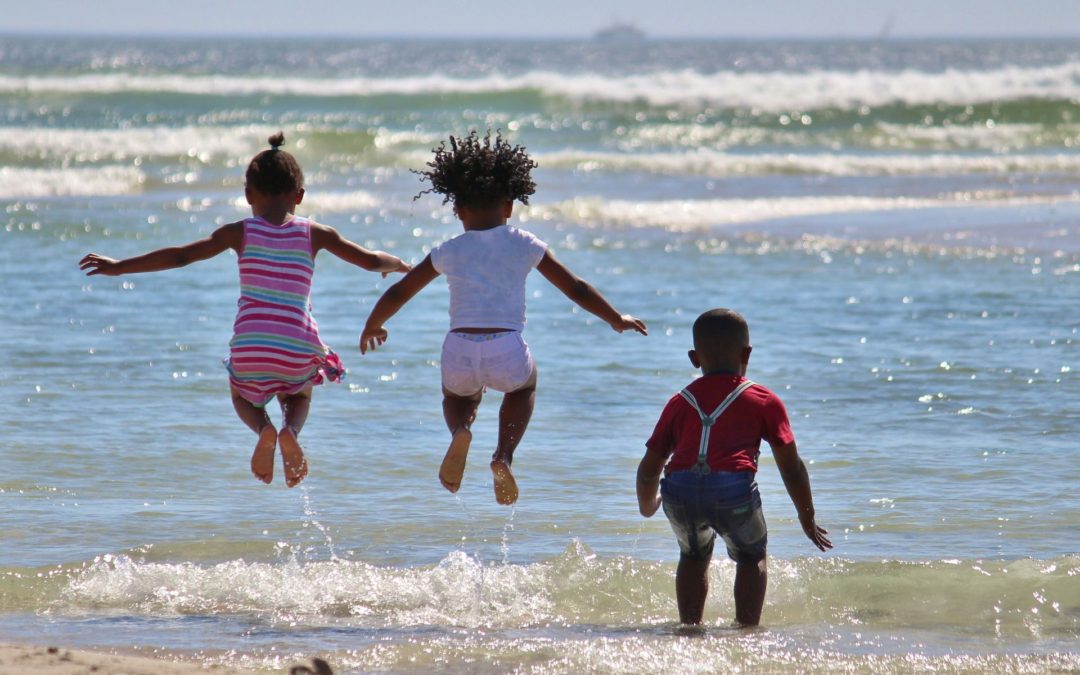
📈 Human Progress


😷Youths better at coping with pandemic restrictions than expected
For the most part, young people do not get seriously ill from covid-19. But there have been fears that the social restrictions during the pandemic could cause psychological problems. However, this does not seem to be the case.An international survey shows that young...
🚰 “Nanojars” can help remove pollutants from water
A lot of carbon dioxide ends up in our oceans and not just in the atmosphere. Now, researchers have designed “nanojars” that can capture CO2 and other pollutants from the oceans. New Atlas explains that these nanojars are essentially molecules consisting...
🗻 New plant converts CO2 into stone
It’s not news to anyone that we need to curb our carbon emissions drastically. Now, a plant called Orca is helping us reverse part of the emissions already in the air. Orca is designed to suck CO2 from the air, turning it into solid rock. The plant is named...
🐟Protected sea areas increase fish stocks by 400 percent
Protected sea areas, where boat traffic and fishing are strictly regulated or prohibited, have tremendously more sprawling marine life than other sea areas.A study from the University of Plymouth shows that there are 430 percent more fish species in the protected sea...

